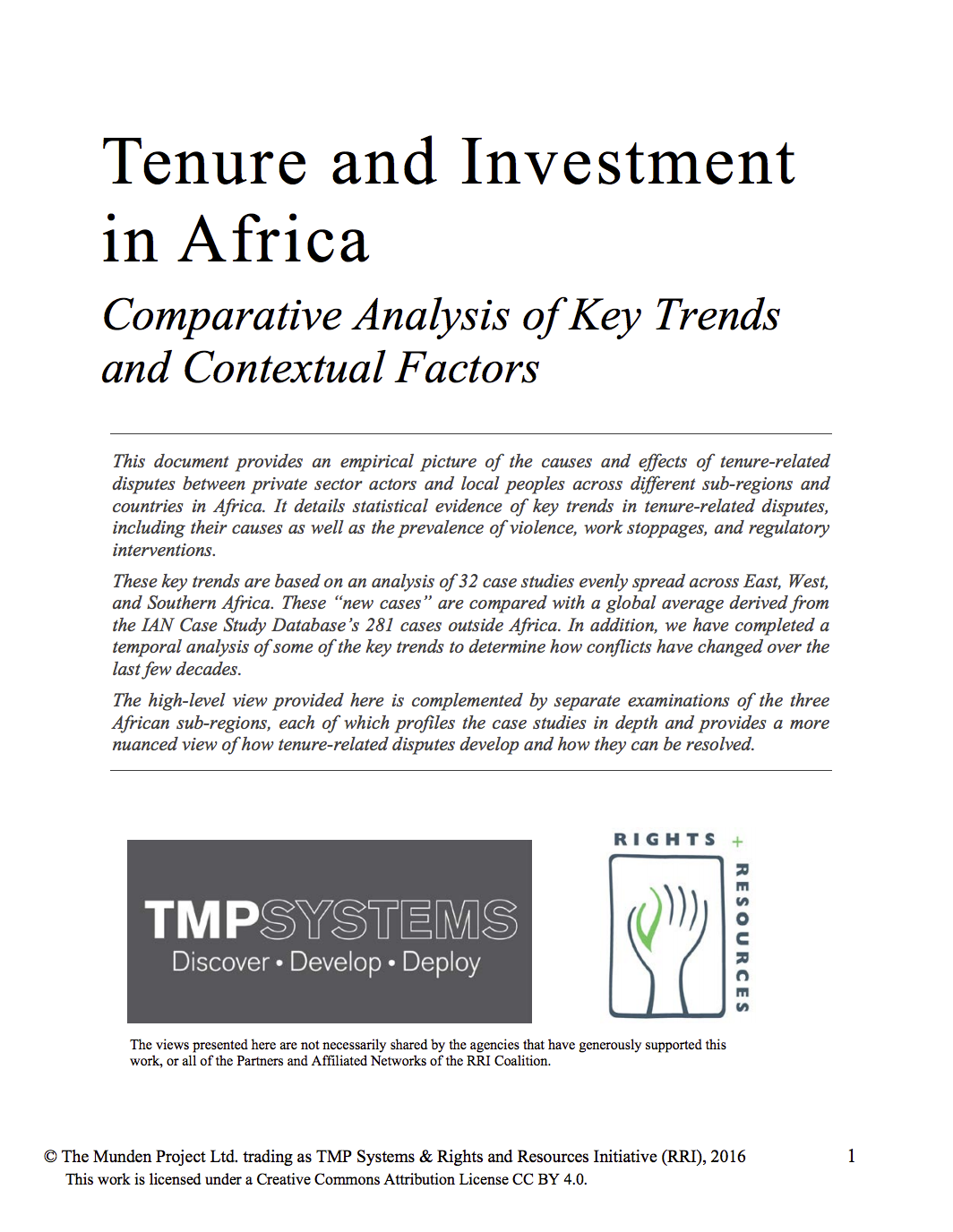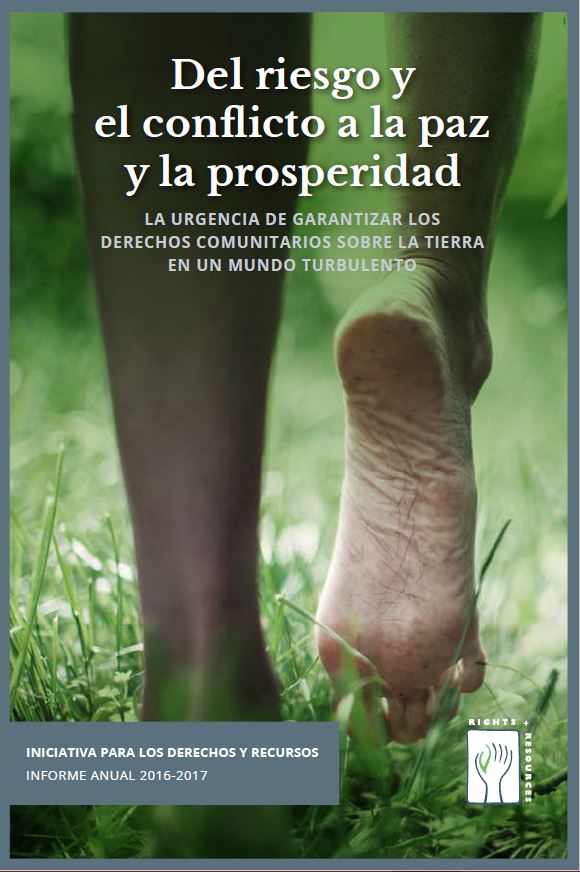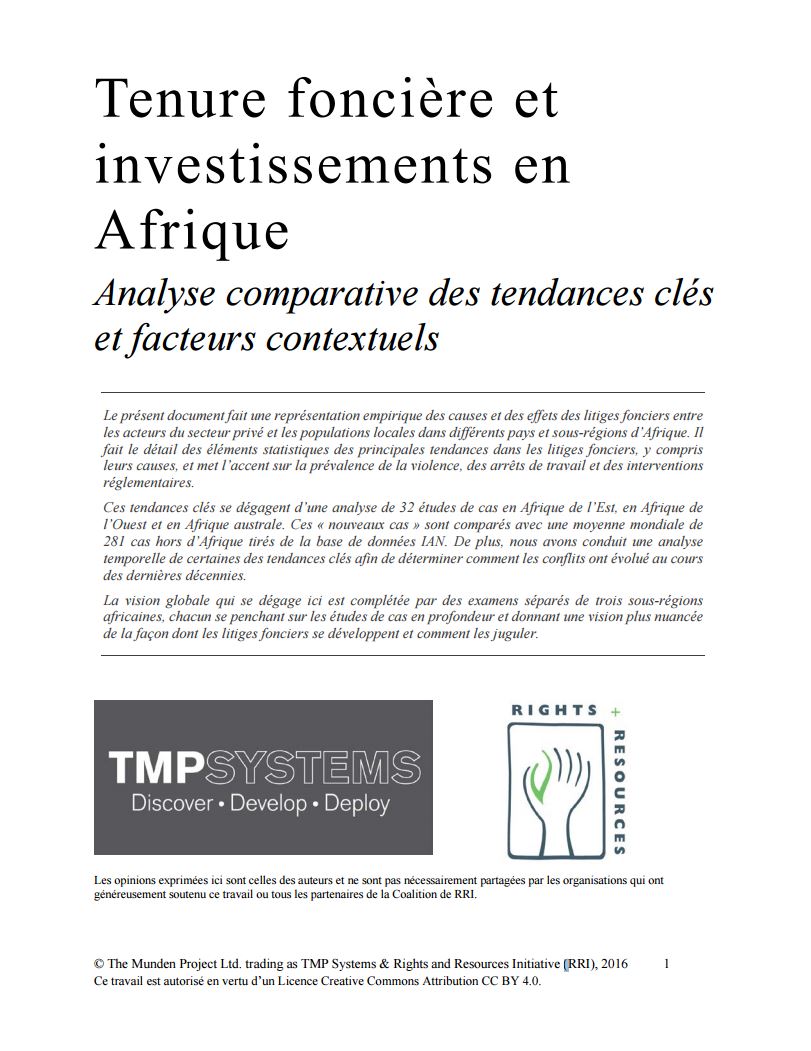Focal point
Location
The Rights and Resources Initiative is a strategic coalition of international, regional and community organizations engaged in development, research and conservation. Together, we are working to encourage greater global commitment and action on pro-poor tenure, policy and market reforms.
The RRI coalition is formed by a group of core Partners who conduct work in specific areas of their regional and thematic expertise. Partners also engage with a wide group of collaborators who participate in and support RRI activities around the world. RRI is a strategic coalition that goes beyond the traditional set of international development actors to involve a wide spectrum of organizations, each of which provides a critical perspective in the larger chain of actors necessary to advance change.
Our Mission
RRI’s Mission is to support local communities’ and indigenous peoples’ struggles against poverty and marginalization by promoting greater global commitment and action towards policy, market and legal reforms that secure their rights to own, control and benefit from natural resources, especially land and forests.
Global Challenge, a Global Opportunity
Forests cover close to 30 percent of the world's land area, and more than a billion people rely on forests to a significant extent for their food, fuel and income.
An estimated 350 million indigenous and tribal peoples are at least partly dependent on forests, including some 60 million who are substantially dependent on forests for their subsistence and livelihoods. Forests are also particularly important to poor women, who shoulder much of the burden for hauling wood and collecting and marketing forest products.
Dominant models of forest industry and conservation have often exacerbated poverty and social conflicts and have precluded pro-poor economic growth. The lack of clear rights to own and use forest land, develop enterprises, and trade in forest products has driven millions of forest dwellers to poverty and encouraged widespread illegal logging and forest loss.
The world will not meet national and global goals to reduce poverty and protect the environment unless poor peoples' rights to land and resources are strengthened. Neither will the world effectively mitigate or adapt to climate change without clarifying local tenure and governance. The next two decades are critical--both for the poor and for the forests.
There are reasons for optimism. Organizations of indigenous peoples and forest-dwelling communities are gaining voice and opportunity, and after decades of limited action many countries are beginning to consider far-reaching legal and policy reforms. There is a major opportunity to advance the rights and livelihoods of forest peoples by establishing the institutional foundations for sustained conservation and forest-based economic development.
Resources
Displaying 26 - 30 of 109Tenure and Investment in Africa
This synthesis of our findings from an investigation of tenure risk in East, West, and Southern Africa, shows that a majority of tenure disputes are caused by the displacement of local peoples, indicating that companies and investors are not doing enough to understand competing claims to the land they acquire or lease. This failure in diligence is particularly noteworthy given that a majority of the disputes analyzed had materially significant impacts: indeed, a higher proportion of projects in Africa are financially impacted by tenure dispute than any other region in the world.
Tenure and Investment in Africa
This synthesis of our findings from an investigation of tenure risk in East, West, and Southern Africa, shows that a majority of tenure disputes are caused by the displacement of local peoples, indicating that companies and investors are not doing enough to understand competing claims to the land they acquire or lease. This failure in diligence is particularly noteworthy given that a majority of the disputes analyzed had materially significant impacts: indeed, a higher proportion of projects in Africa are financially impacted by tenure dispute than any other region in the world.
From Risk and Conflict to Peace and Prosperity
Amid the realities of major political turbulence, there was growing recognition in 2016 that the land rights of Indigenous Peoples and local communities are key to ensuring peace and prosperity, economic development, sound investment, and climate change mitigation and adaptation. Despite equivocation by governments, a critical mass of influential investors and companies now recognize the market rationale for respecting community land rights.
Del Riesgo y el Conflicto a la Paz y la Prosperidad
El año 2016 estuvo marcado por grandes turbulencias políticas.







